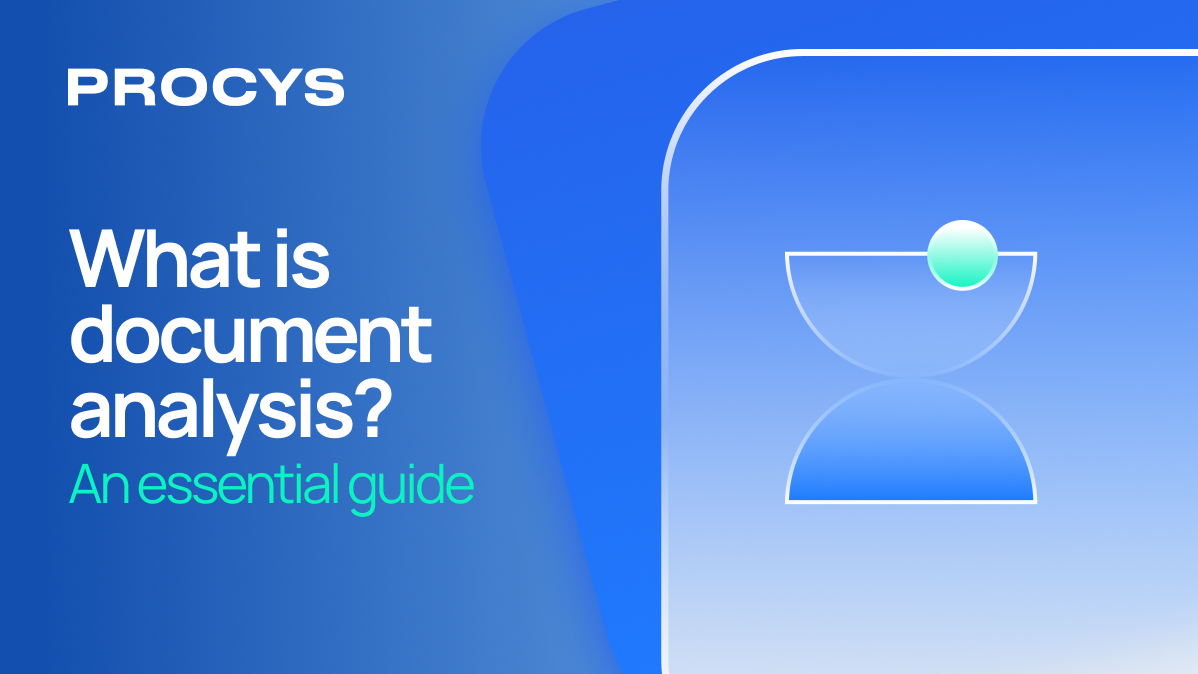Being self-employed can be a great opportunity for those seeking freedom and independence in their work, but it can also be a significant challenge. One of the biggest difficulties self-employed individuals face is effectively managing their time. With the workload and responsibility of being their own boss, it can be easy to get lost in work and let time slip away without accomplishing much. In this article, we will explore some tips and strategies for managing your time as a self-employed individual and not burning out in the process.
Set a Schedule and Stick to It
One of the greatest advantages of being self-employed is the freedom to work whenever you want, but this freedom can also be a trap. To effectively manage your time, it's essential to establish a schedule and stick to it as much as possible. This will not only help you be more productive but also assist in finding a balance between work and personal life. To set an effective schedule, consider the following:
- What are the working hours that work best for you?
- How much time do you need to dedicate to administrative tasks like billing and accounting?
- How much time do you need to allocate to creative tasks like research and writing?
- How much time do you need to dedicate to clients and customer service?
Once you have a clear idea of what needs to be done and how much time each task requires, you can create a schedule that works for you. Make sure to establish regular hours and try to avoid working outside of your established work hours as much as possible.
Prioritize Your Work
As a self-employed individual, it's essential to learn how to prioritize your work and focus on the most important tasks. This can be especially challenging when you have multiple clients and projects simultaneously. To effectively prioritize your work, consider the following:
- What are the most important tasks that need to be completed first?
- What are the most urgent deadlines that need to be met?
- Which tasks can wait until later?
Once you've established your priorities, you can work accordingly and ensure that the most important tasks are completed first. This will not only help you be more productive but also enable you to meet deadlines and keep your clients satisfied.
Learn to Say No
As a self-employed individual, it can be tempting to accept every job and project that comes your way, but this can be a trap. While it's essential to ensure you have enough income to sustain yourself, it's also crucial to learn to say no to jobs that aren't suitable for you. By saying no to jobs that don't align with your skills or interests, you can free up time to focus on projects that truly matter to you and make you feel more fulfilled.
Learn to Delegate
It's easy as a self-employed individual to feel like you have to do everything yourself, but this isn't always the best option. Learning to delegate tasks to others, such as hiring a virtual assistant or an accountant, can free up time to focus on the most important tasks and improve the overall quality of your work. Delegating can also help you avoid burnout and stress.
To delegate effectively, you must first identify tasks that you can delegate and find the right person to do them. Consider hiring a virtual assistant to manage your email or handle simple administrative tasks like booking travel or scheduling appointments. If you need help with accounting, consider hiring an accountant to handle your billing and expense tracking. Delegating tasks in this way can not only save you time but also help you maintain your focus on the most important tasks.
Set Clear Boundaries
As a self-employed individual, it can be challenging to disconnect from work, especially when your office is in your home. To avoid overworking and maintain a healthy balance between work and personal life, it's essential to set clear boundaries. This means establishing regular working hours and not working outside of them, as well as setting limits on your availability to clients.
If you work from home, try to establish a dedicated workspace that is exclusively for work. This can help you separate your work life from your personal life and avoid distractions unrelated to work.
It's also important to set boundaries on your availability to clients. While it's essential to be available to your clients, it's also important to set clear boundaries on when and how you can be contacted. This can help you avoid being interrupted during your downtime and maintain your focus on your work when you're working.
Use Time Management Tools
There are many time management tools available that can help you manage your time effectively. Some of these tools include task management apps, time tracking apps, and productivity apps.
Time management is an essential skill for any self-employed individual looking to succeed in their career. By establishing a clear schedule, prioritizing your work, learning to say no, delegating tasks, setting clear boundaries, and using time management tools, you can manage your time effectively and achieve a healthy balance between work and personal life.
Remember that being self-employed doesn't have to be overwhelming. With a little planning and organization, you can manage your time effectively and enjoy the freedom and independence that this form of work offers.





